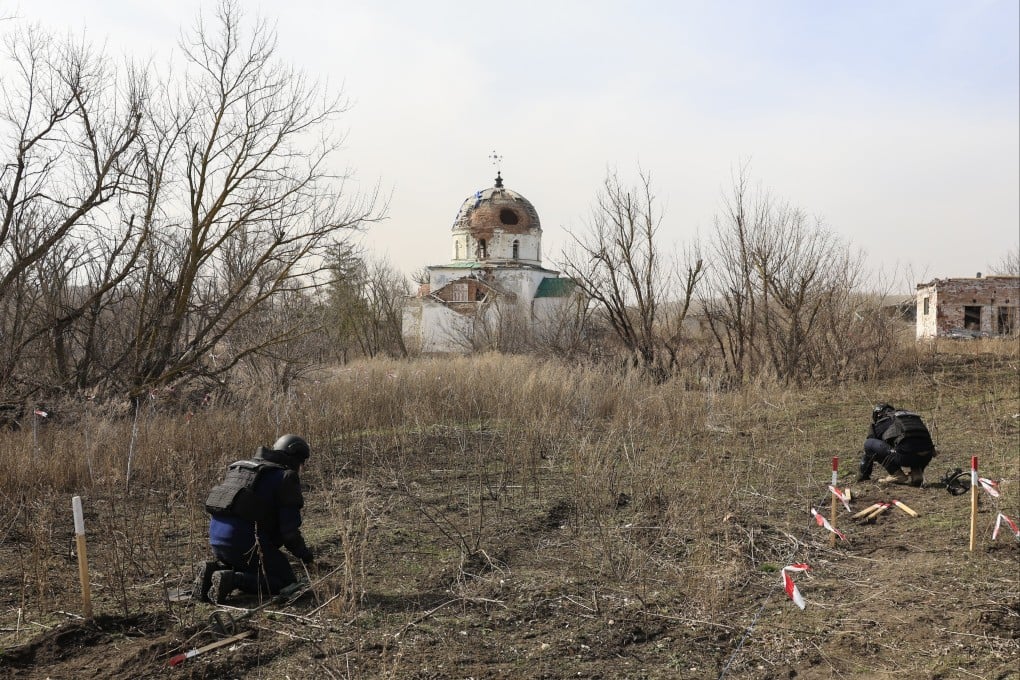Poland, Lithuania, Latvia, and Estonia have announced plans to withdraw from the Ottawa Convention, an international treaty banning anti-personnel landmines, citing increased security threats from Russia and Belarus. The defense ministers of these countries issued a joint statement emphasizing the need for enhanced defensive measures along NATO's eastern flank in response to the deteriorating security situation.
The ministers highlighted that since the treaty's ratification, military threats to NATO member states bordering Russia and Belarus have significantly increased. They stressed the importance of providing their defense forces with the flexibility to use modern weapon systems to bolster their territorial defenses.
Despite their intention to withdraw, the Baltic states and Poland have affirmed their commitment to international humanitarian law and the protection of civilians during armed conflicts. They stated that while they plan to exit the treaty, there are no immediate plans to use or stockpile banned landmines.
This move has raised concerns among global disarmament advocates, including the International Committee of the Red Cross, which highlights the humanitarian consequences of landmines. The Ottawa Convention, effective since 1999, has not been joined by key landmine producers and users such as the United States, China, India, Pakistan, South Korea, and Russia.
The decision underscores the heightened tensions in the region following Russia's invasion of Ukraine in 2022 and reflects the Baltic states' and Poland's efforts to adapt their defense strategies to the evolving security landscape.

.jpg)








